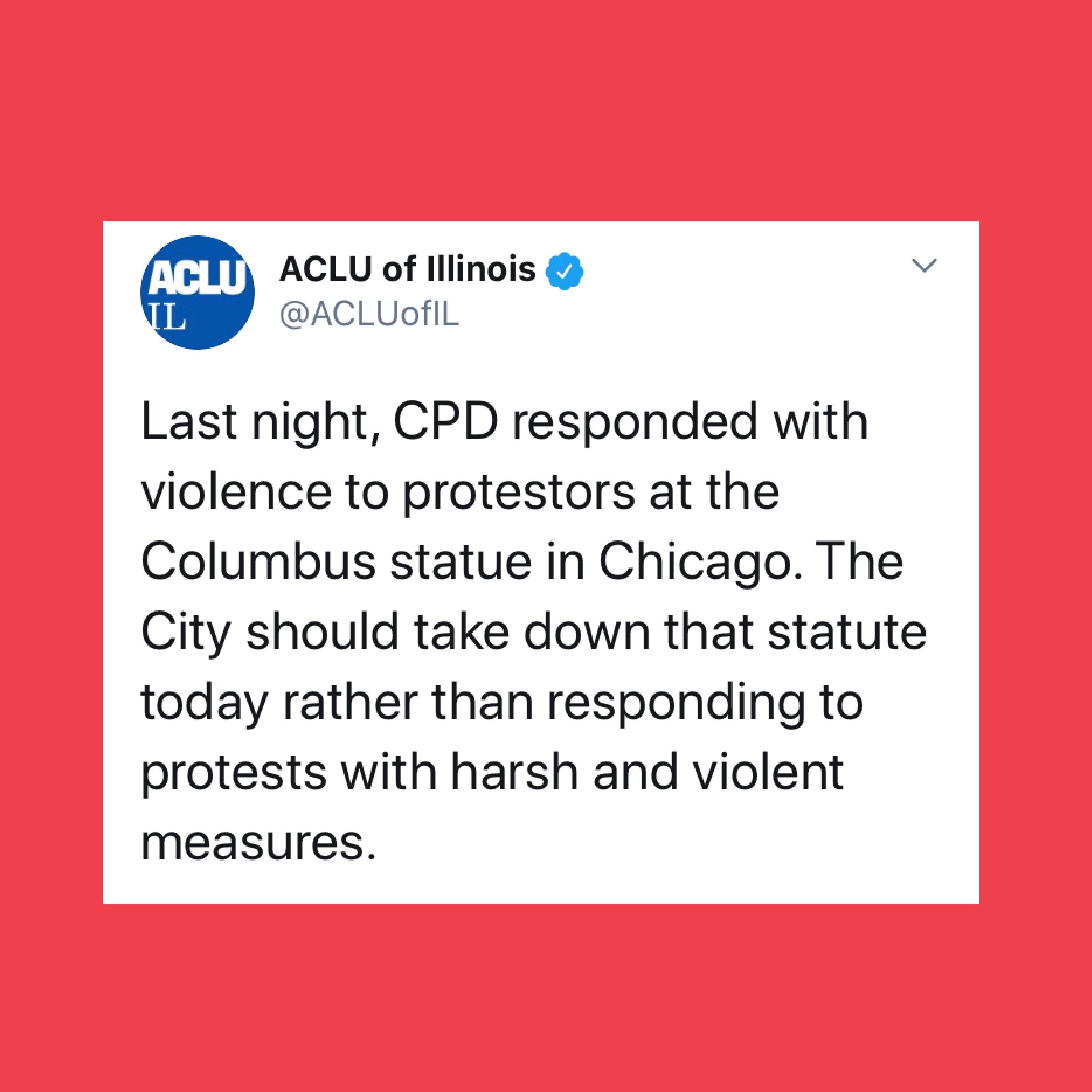After a process that took a number of years, the Illinois Department of Children and Family Services (DCFS) recently announced it would move children in its care to a managed care health plan on September 1st. The plan would be responsible for overseeing the provision of health care for these children.
As the lawyers for children in DCFS, we know this issue matters. Many of the children in DCFS care have complex, multi-faceted medical needs. For foster parents and other providers, coordinating care already is difficult under the current system. Provision of timely care must not be interrupted as part of this transition.
While we remain concerned about the process and the timing of this move in the midst of a pandemic, the ACLU has pledged to continue to work with DCFS on this serious change for youth in care. Our goal is to assure that the transition is as smooth and safe as possible for all impacted families.
This process would have been worse if it had occurred earlier. Illinois lawmakers passed legislation years ago calling for Illinois to transition people receiving health care through Medicaid into managed care. The push to include foster children as part of that transition began during the administration of Governor Bruce Rauner. Because of their special needs, and because youth in DCFS custody may be living with foster parents who have limited information about their health history and needs, we knew that changing DCFS’ children’s access to healthcare would be most difficult.
That is why we objected to DCFS’ earlier attempts to make this transition – including twice during the fall of 2019 and twice in early 2020. Each time, we asked questions and probed about how foster parents and others would get information about the health care of the child/children for whom they have responsibility, and whether there would be enough healthcare providers in the managed care network so that DCFS youth could receive the medical care they need promptly and reasonably close to where they live.
After a lot of conversation and intervention by a special master (in our on-going case against DCFS), the deadline for shifting DCFS children into managed care ultimately was set for April 1, 2020. But then, Governor Pritzker and his administration appropriately stepped in of their own accord to delay implementation of the transition due to the COVID-19 outbreak, and to address additional concerns from advocates and experts.
We have worked with the Department extensively to assure that children in the care of DCFS do not suffer disruptions and terminations of critical health care services as the providers and insurance companies figure out this process. We hope the State is ready to meet that goal, and we will continue to work with DCFS through and after the new September 1, 2020 rollout date to address any problems that arise.
Now, we must focus on the most critical issues in front of us and make sure that children, as well as their parents and foster parents, are able to access the life-saving health care the children require. Every day until September, we will work the State of Illinois as they prepare to roll out the new plans.
As the rollout date approaches, we encourage parents and foster parents to contact us if they are concerned that the transition to the managed care system will disrupt their child’s necessary medical care, or if they experience any barriers to getting children medical care after September 1st.
If parents are still having issues navigating this new system, you can contact us by email at
DCFS-MCO@aclu-il.org, or by phone at 312-854-9805.
Tell Us About Issues Accessing Health Care for Children in the Care of DCFS
